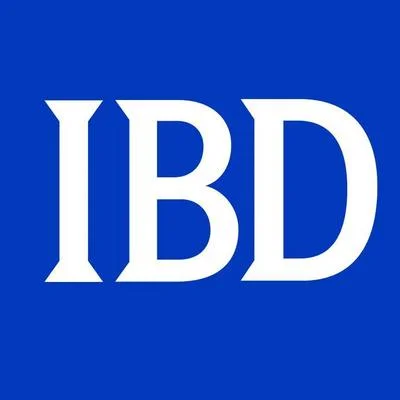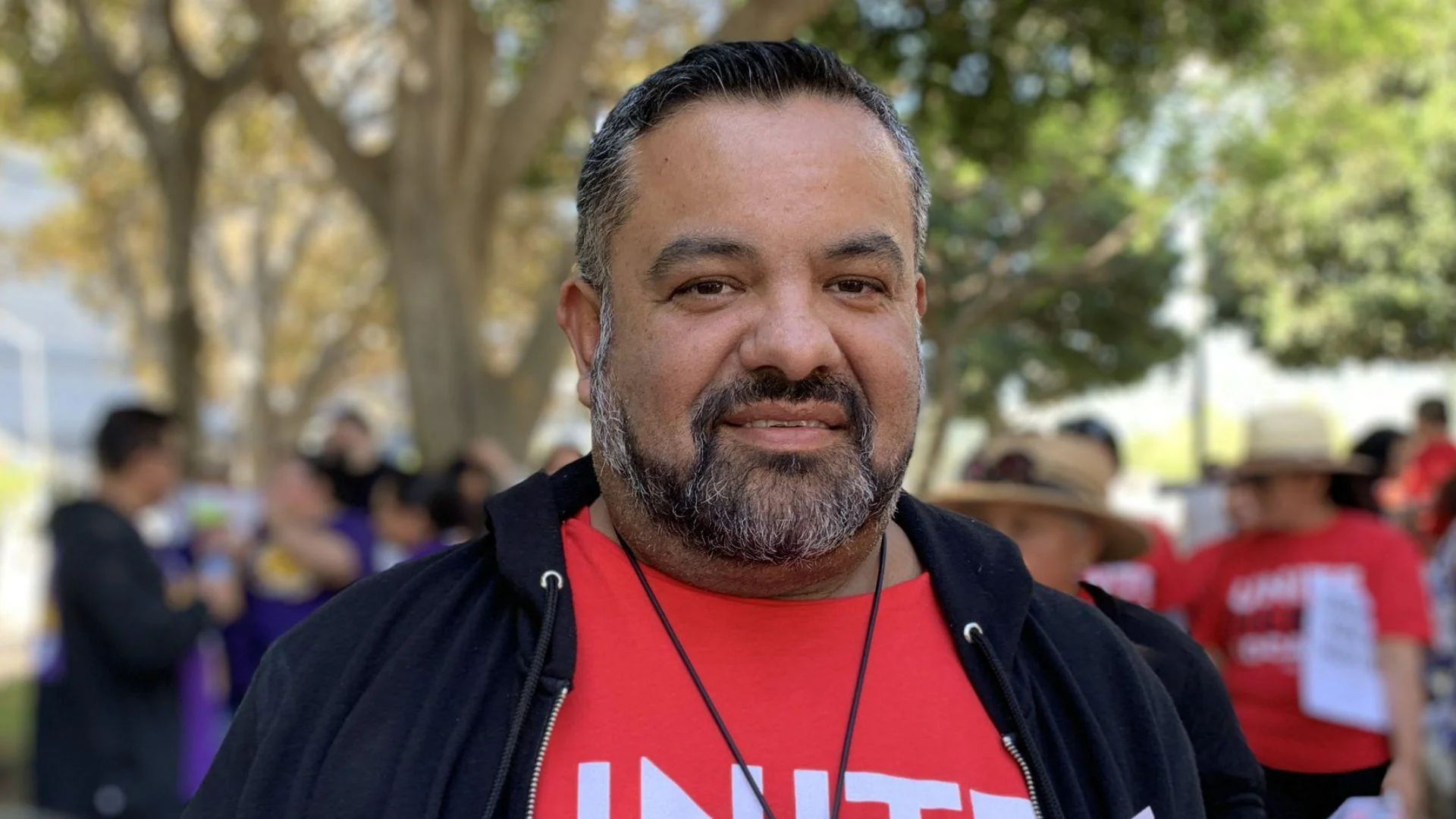Hui Chen, a former prosecutor for the Department of Justice (DOJ), has expressed concerns about the Boeing plea deal rejection, highlighting perceived flaws in the corporate monitorship system. These include issues such as lack of transparency, financial misalignment, and unclear success measures. Chen's comments were made in an op-ed published on December 5.
"The monitorship system is fundamentally broken and in dire need of reform," said Chen. "There will be no way, at the end of its monitorship, to objectively determine whether Boeing has become more ethical and able to better prevent misconduct. Law and consulting firms fight to be selected as monitors because they make incredible amounts of money from the fees the companies they monitor must pay them. Paying monitors millions in fees for not stopping recidivism is foolish."
According to The Washington Post, the Boeing 737 Max, one of the company's most popular commercial aircraft, underwent a series of test flights at Boeing Field in Seattle on September 30, 2020. This was part of its recertification process after being grounded worldwide in March 2019 due to two fatal crashes linked to its automated flight control system, known as MCAS. In response to these incidents, Boeing implemented extensive software and training updates in coordination with global aviation regulators to address safety concerns. Following months of testing and regulatory reviews, the 737 Max was gradually cleared to return to service under enhanced pilot training and oversight requirements.
 Alerts Sign-up
Alerts Sign-up





































